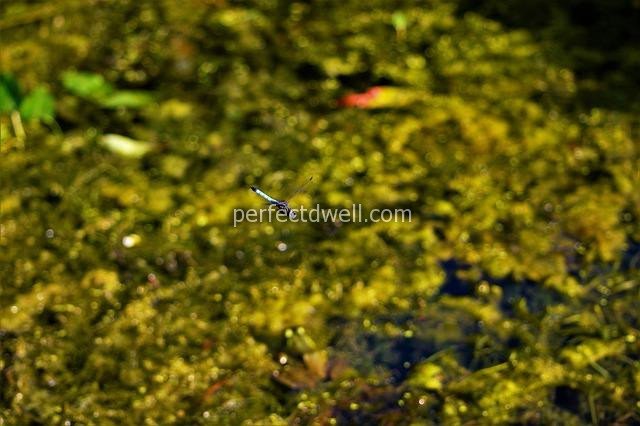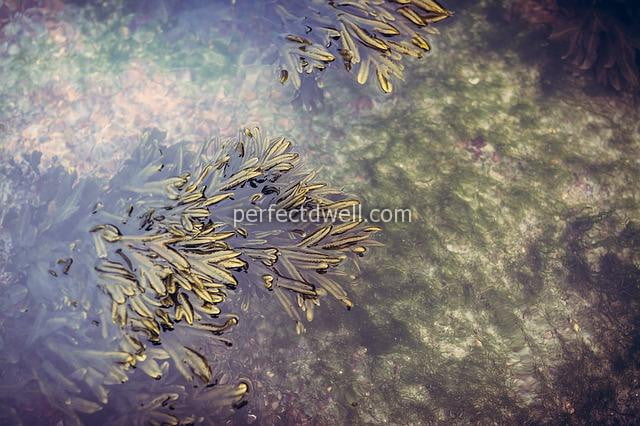Aquatic plants are among the fastest-growing plants globally, and their growth rate is often directly related to nutrient levels. If unchecked, aquatic plant growth can significantly impact water quality through increased light attenuation (decreased penetration of sunlight), reduced oxygen content (as plants decompose and use oxygen), and increased nutrient retention.
What Are Some Problems Caused by Aquatic Weeds?
Aquatic plants can form dense mats that cover the surface of water bodies in a relatively short period. Aquatic plants disrupt drainage patterns in riparian areas, drain wetlands of water, and reduce property values.
- Prevent fishing, swimming, boating, and other recreational activities.
- Water develops an unpleasant appearance.
- Fish die from lack of oxygen.
- Still water leads to mosquito problems.
- Algae can cause foul odors.
- Drainage from a body of water becomes blocked.
- Weeds grow so thickly that they prevent boat access to the shore.
Where Are Aquatic Weeds Most Problematic?
Invasive weeds grow in shallow, stagnant, nutrient-rich bodies of water, including ponds, lakes, and shallow areas of streams and rivers.
Aquatic plant growth is most significant when nutrient levels are high. Factors impacting aquatic plant growth include water depth, light penetration, temperature fluctuations, length of the growing season, and other environmental factors.

What Are Invasive Aquatic Weeds?
Aquatic weeds are plants that live in or around water for at least part of their life cycle. These weeds typically grow fast, reproduce quickly, and form dense mats that can cover the surface of water bodies.
- Algae
- Leafy pondweed
- Duckweed
- Watermeal
- Water hyacinth
- Cattail
- Naiad
How Can I Eliminate Aquatic Weeds?
[amazon box=”B07C5WB26L,B008QC00CC” template=”horizontal”]
Mechanical (hand-pulling or harvesting plant material with machinery), biological (utilizing fish, insects, and microbial agents), and chemical (herbicides and algaecides) means of aquatic weed control work well. Management is most effective when removing as many plants as possible and limiting regrowth through continued monitoring.
As you can see, aquatic weeds are tough to control, requiring many years of intensive labor and regular monitoring to achieve lasting results. Aquatic weed control is essential for recreational water bodies or those supporting commercial fisheries and irrigation initiatives.
